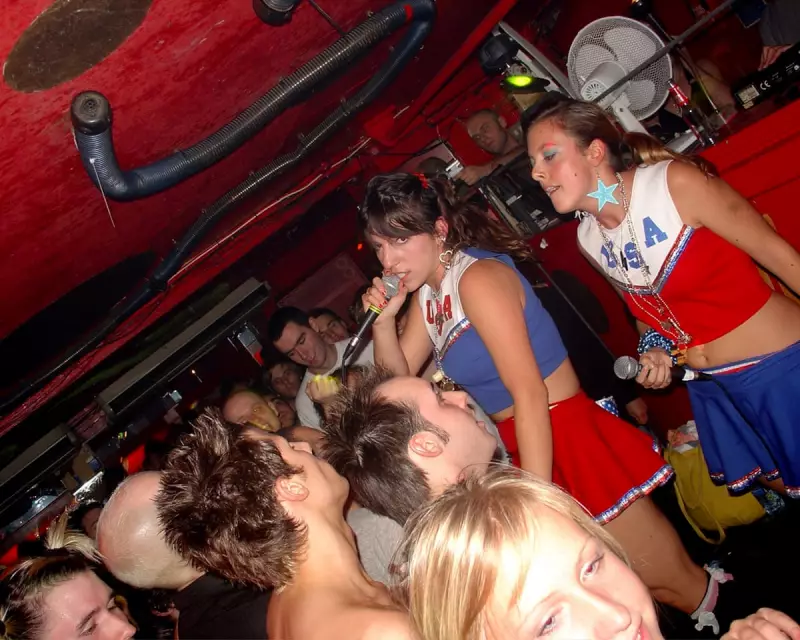
In the early 2000s, the charts were dominated by polished pop and earnest rock. Then, from the gritty clubs of New York and Berlin, a gloriously chaotic and deliberately tacky rebellion erupted: electroclash. This was a movement built on synthesizers, androgyny, and an unapologetic celebration of hedonism that briefly but brilliantly reshaped the musical landscape.
The Sound of a Synthetic Generation
Electroclash wasn't just a genre; it was a full-blown aesthetic assault. It resurrected the cold, minimalist beats of 80s synth-pop and new wave, but drenched them in a knowing, postmodern sleaze. The music was intentionally lo-fi, often recorded on cheap equipment, celebrating a DIY ethos that stood in stark contrast to the multimillion-dollar productions dominating the airwaves. It was raw, infectious, and dripping with attitude.
The Icons of a Micro-Movement
A handful of artists became the scene's defining faces. Fischerspooner, the performance art project fronted by Casey Spooner, delivered outrageous, high-concept live shows that were as much theatre as they were gigs. Peaches, with her sexually explicit and confrontational lyrics, became a feminist icon, using a talkbox and a drum machine as her primary weapons. Meanwhile, acts like Ladytron and Miss Kittin & The Hacker offered a cooler, more detached European take on the sound, providing a soundtrack for neon-lit nights.
More Than Music: A Cultural Flashpoint
The movement's impact extended far beyond the music itself. It was a fashion statement—think velour tracksuits, ripped fishnets, cheap sunglasses, and a general air of decadent decay. Electroclash brought a sense of theatricality and camp back to club culture, encouraging a performative and gender-fluid approach to identity. It was a reaction against the earnestness of the time, choosing instead to revel in irony, kitsch, and pure, unadulterated fun.
A Brief but Enduring Legacy
By its very nature, such a stylised movement was destined to burn out quickly. By the mid-2000s, the moment had passed. However, its influence was profound and lasting. Electroclash is widely credited with paving the way for the mainstream success of electronic music that followed. It broke down barriers for a new wave of pop stars who embraced synthesizers and a more theatrical persona, directly influencing the rise of artists like Lady Gaga. It proved that pop could be intelligent, arty, and filthy fun all at once, leaving a glitter-dusted stain on music history that is still vividly remembered today.





